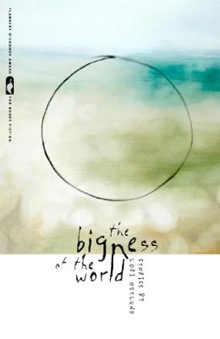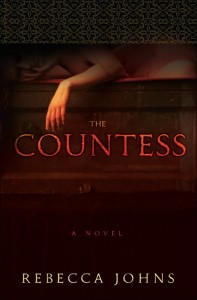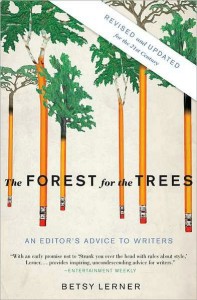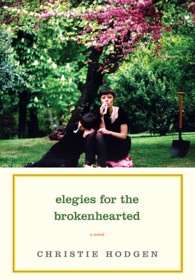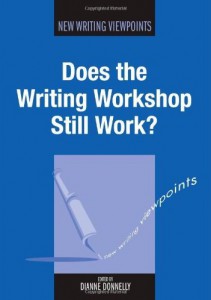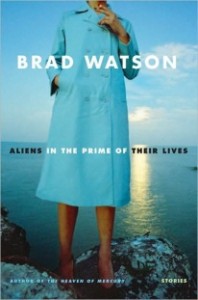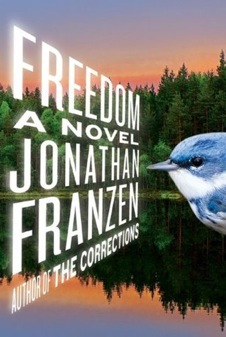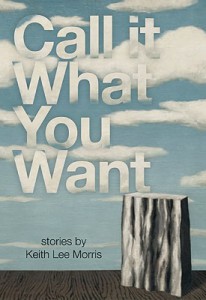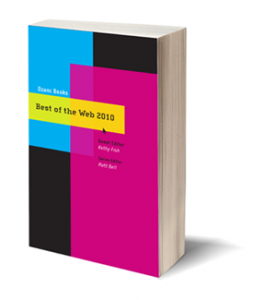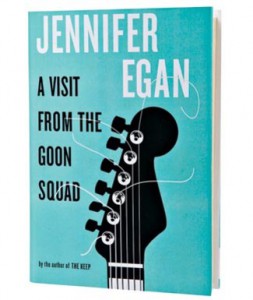The Bigness of the World, by Lori Ostlund
by J.T. Bushnell
J.T. Bushnell considers how Lori Ostlund’s debut story collection, The Bigness of the World, filled as it is with “godless homosexuals scattered across the globe” would have likely pleased Flannery O’Connor, whose own work is “unapologetically regional and almost dogmatically Catholic.” Ostlund, who won the Flannery O’Connor Prize for Short Fiction last year, writes of the mystery beneath our outer trappings, an underlying truth that binds the two writers in common cause.

